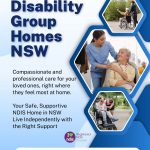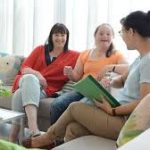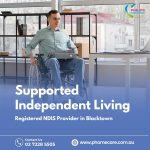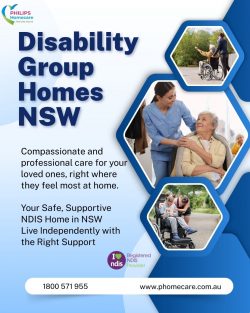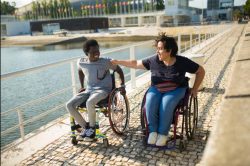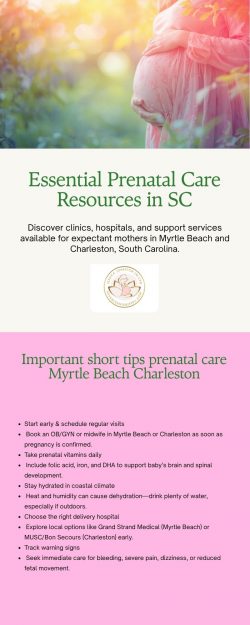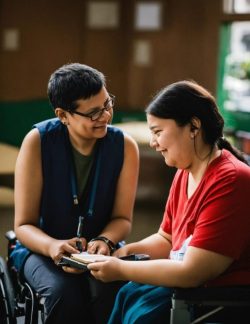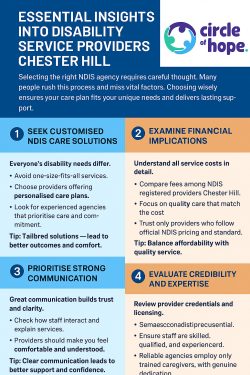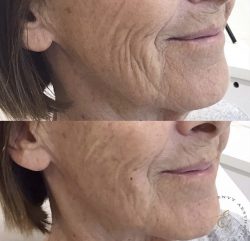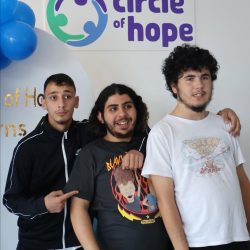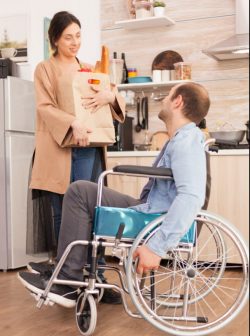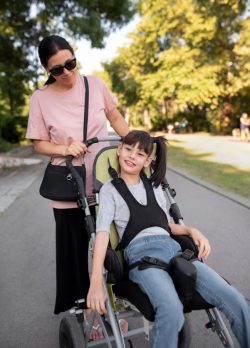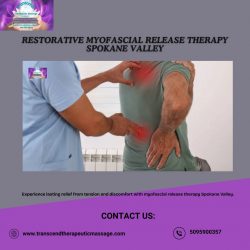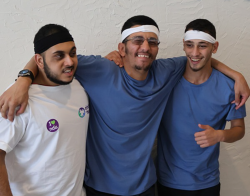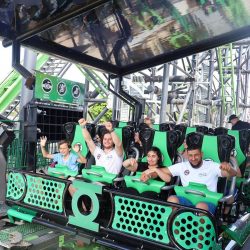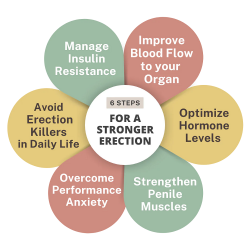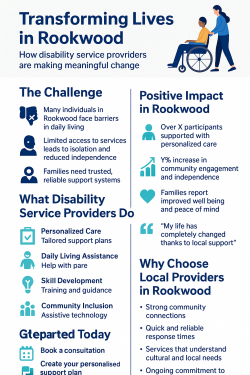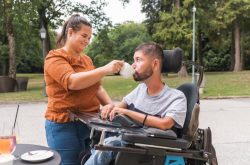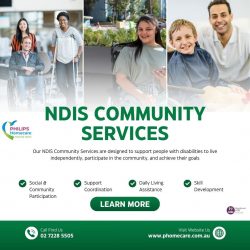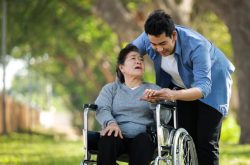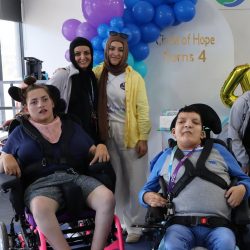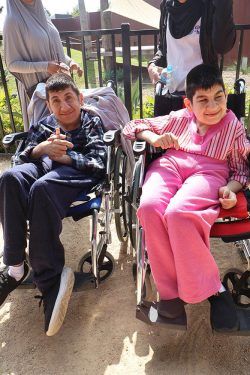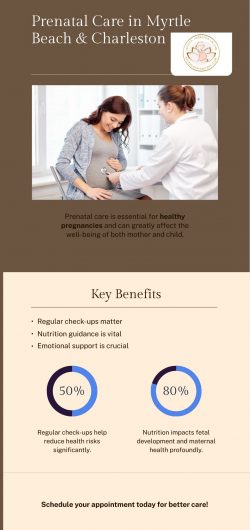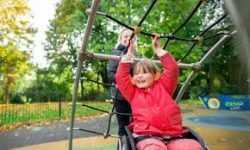Visiting and Staying Connected With Loved Ones in NDIS Housing
Building and maintaining strong relationships with family and friends is an important part of living a fulfilling life. For participants who live in NDIS accommodation for people with disabilities, staying connected with loved ones can significantly enhance emotional wellbeing and independence. These housing options are designed not only to provide safe and supportive living arrangements but also to encourage social inclusion and regular family interaction.
One of the key aspects of NDIS accommodation for people with disabilities is that it creates a welcoming environment where visits from friends and family are encouraged. Many homes are designed with communal areas that allow residents to enjoy quality time with their visitors. Whether it’s sharing a meal, celebrating a special occasion, or simply catching up, these interactions help individuals feel more connected to their community and reduce feelings of isolation.
Regular visits also provide reassurance to families, knowing their loved one is supported while still being able to maintain close bonds. The flexibility of NDIS accommodation for people with disabilities means that participants can decide how often and in what way they would like to engage with their support networks. This promotes choice and control, empowering individuals to maintain meaningful relationships in ways that work best for them.
Technology has also made staying connected easier. Even if distance makes in-person visits less frequent, residents in NDIS accommodation for people with disabilities can use video calls, messaging, and social platforms to remain engaged with family and friends. These digital connections can help strengthen bonds and provide ongoing emotional support between visits.
In addition, many participants choose to engage with community activities and local events, often inviting loved ones to join. This shared participation not only enriches social life but also helps bridge the gap between home and community living. The focus on inclusion in NDIS accommodation for people with disabilities ensures that residents feel part of a wider network, not limited to their immediate housing environment.
Ultimately, maintaining relationships is central to wellbeing and independence. Visits from loved ones and staying socially connected help residents thrive emotionally, physically, and mentally. NDIS accommodation for people with disabilities plays a vital role in supporting this balance by offering safe, inclusive, and flexible living spaces where relationships can flourish.
Learn More: https://www.phomecare.com.au/2024/03/15/sda-accommodation-sydney/

